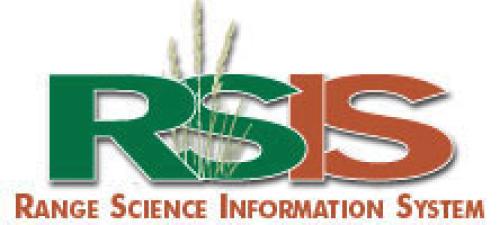According to Russell et al., sufficient evidence exists to conclude that white-tailed deer (Odocoileus virginianus) can have a substantial impact upon plant morphology and, in some cases, plant growth rates, especially for tree seedlings and saplings. Strong evidence also exists that in certain cases the structure of plant populations and composition of plant communities can be altered by deer. Studies to date indicate the effects of deer upon plants vary substantially in both space and time. Deer density is important in determining temporal and spatial variation in deer effects on vegetation. The density of the plant consumed and plant resource availability also contribute to the observed temporal and spatial variation in deer effects. Although evidence for widespread substantial effects of white-tailed deer upon plant populations and communities is not as clear as some have assumed, substantial effects under particular sets of circumstances have been clearly demonstrated in this review. In conclusion, the authors note that given the very large, and sometimes increasing, deer populations now common in some plant communities and the worrisome possibility that effects of deer overbrowsing may be irreversible, or reversible only with complicated and expensive intervention in the future, the most prudent management options would be to attempt to keep deer populations at more moderate densities. The optimal deer density for any particular site will vary with the management objective and the plant community, but the deer densities in studies cited in this review can provide initial guidelines.

Citations and enhanced abstracts for journals articles and documents focused on rangeland ecology and management. RSIS is a collaboration between Montana State University, University of Idaho, and University of Wyoming.